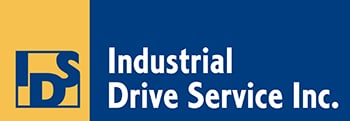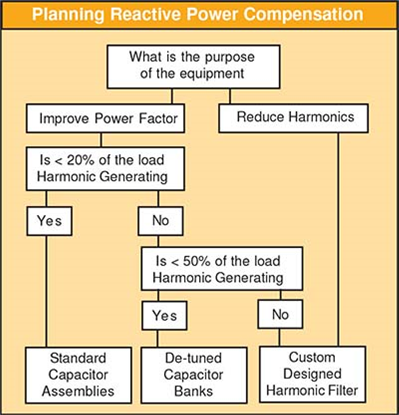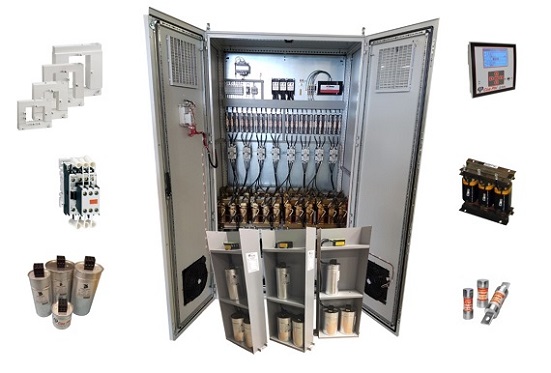In recent years the way electricity is used has changed significantly. Developments in semi-conductor technology have created a major increase in thyristor and converter-fed loads. Electronic equipment, particularly that using solid state devices, can have a detrimental effect on the electrical power system in a facility to the point where operation of electrical and electronic equipment is disrupted. Solid state devices generate Harmonics into the electrical system, i.e. they generate frequencies that are integer multiples of the fundamental line frequency of 60 Hz. The harmonics lead to a higher capacitor current, because of the higher frequencies that are attracted to the capacitor. The impedance of the capacitor decreases as the frequency increases.
Harmonic distortion can result in any or all of the following:James Keys
James has been a member of Cos Phi since 2016 after graduating from Loyalist College's Electrical Technician program. He has worked on various power factor and quality projects, leading to an expertise in determining what is required to correct a power issue within a facility, and the benefits that it brings.
Recent Posts
0 Comments Click here to read/write comments
Read More
0 Comments Click here to read/write comments
Topics: power factor, power factor correction, power capacitors
What is power factor correction?
Power factor (PF) is a measure of system electrical efficiency. A business that does not manage their PF will likely suffer from financial and operational losses as a result. PF correction is the process of bringing PF closer to 100%, or unity.
0 Comments Click here to read/write comments
Topics: power factor, ROI




